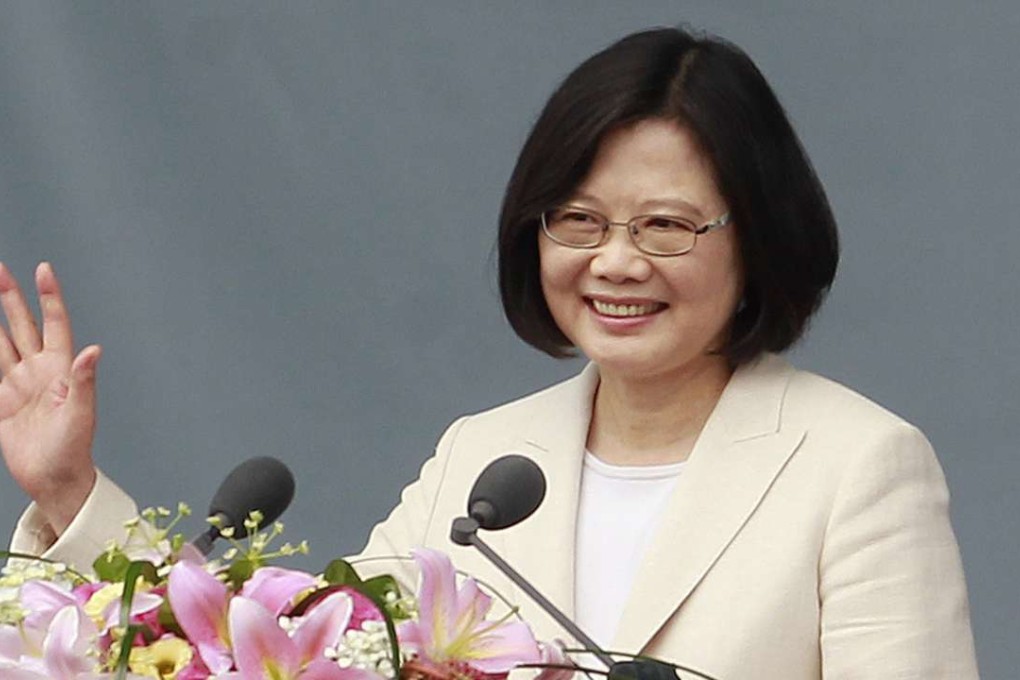
Claim about no-smoking areas is absurd
I take exception to the comment by public health professor Lam Tai-hing, of the University of Hong Kong, that “Hong Kong is one of the leading places in the world in the anti-smoking area” (“Doctors want ban on sale of alcohol to under-18s”, June 4)
Surely he is joking? Walking around Lan Kwai Fong, Wyndham Street and Soho on a recent weekend, I failed to see a single “No Smoking” sign posted anywhere, outside or inside any restaurant or bar.
Smokers puffed away on the pavement under awnings less than a metre from where people were eating.
Smoke was being blown in over people’s food, including that of young children, who were forced to inhale poisonous secondary smoke.
Worse, I counted roughly 30 people that evening breaking the smoking laws. Perhaps this was done unwittingly, as no signs could be seen and ashtrays were placed for their convenience in illegal places.
Leading the world in anti-smoking rules? I think not. Perhaps leading the world in allowing smoking in public places would be more accurate.